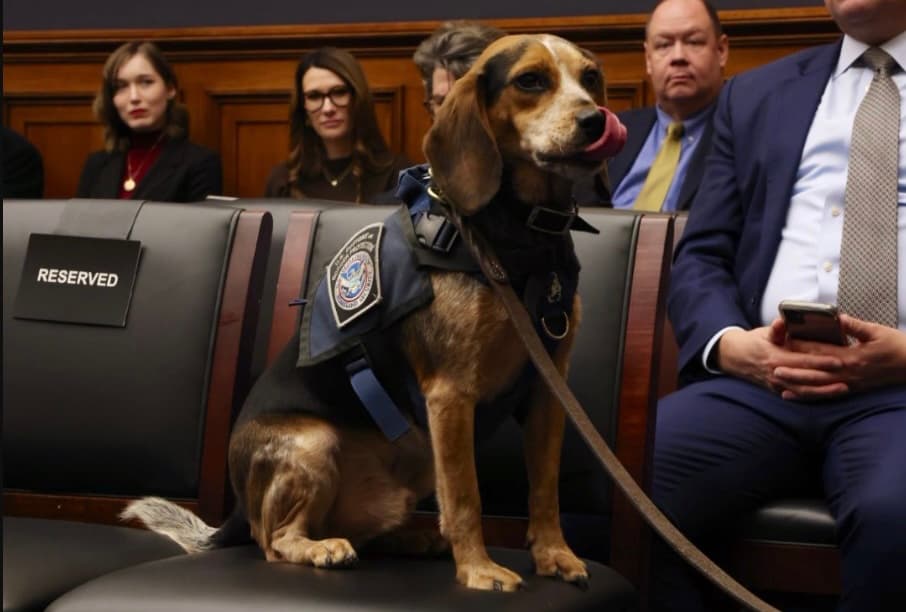The Pennsylvania Senate has approved legislation aimed at addressing the critical shortage of corrections officers within the state’s correctional institutions. Introduced by Sen. Dave Argall (R-29) at the request of the Pennsylvania State Corrections Officers Association, Senate Bill 111 received bipartisan support and is expected to provide immediate relief to the staffing crisis.
This new bill allows qualified candidates from other states to be considered for employment in Pennsylvania’s correctional facilities while maintaining a hiring preference for local residents. Argall emphasized the importance of the legislation, stating, “This bill provides real, immediate relief to the men and women who work long, difficult hours to keep our correctional facilities and communities safe – both at local institutions like SCI Frackville and SCI Mahanoy and across the state.”
The staffing shortages in Pennsylvania’s correctional facilities have led to increased stress, mandatory overtime, and a rise in violent incidents. These challenges have severely impacted the morale of corrections officers and the overall operational effectiveness of the institutions. Senate Bill 111 aims to modernize hiring practices and expand recruitment opportunities to counter these issues.
Addressing Public Safety and Fiscal Responsibility
Argall pointed out that the implications of staffing shortages extend beyond correctional facilities, affecting public safety and increasing costs for taxpayers. He remarked, “Staffing shortages affect not just our correctional institutions but also public safety and taxpayer costs. This bill is a commonsense, bipartisan solution that strengthens our workforce and improves safety for officers and inmates alike.”
The legislation now advances to the House of Representatives for further consideration. If enacted, it is expected to enhance the recruitment process and alleviate the overwhelming overtime burden faced by current officers, ultimately contributing to a safer environment for both staff and inmates.







